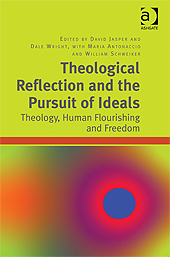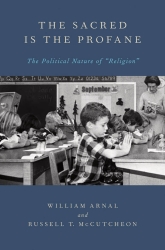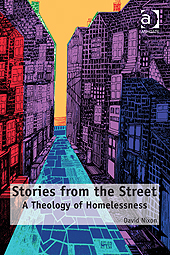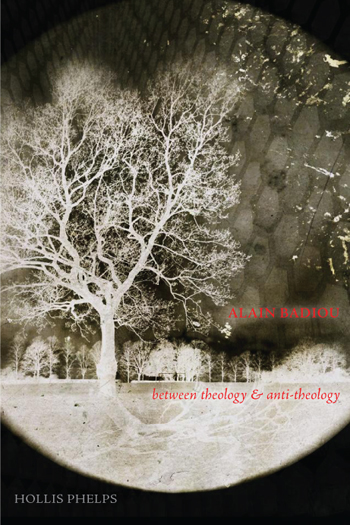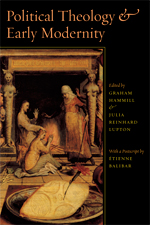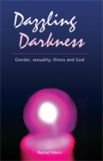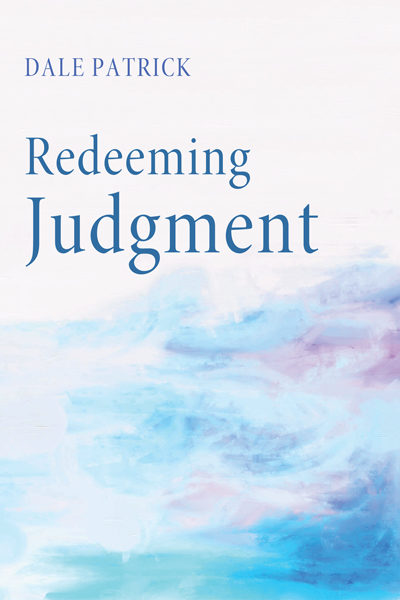
Redeeming Judgment arose from my sense of urgency. The Protestant church in which I grew up and to which I belong has largely grown silent about the judgment of God. It seems that we are bent upon living up to H. Richard Niebuhr’s caricature of liberal Protestantism: “A God without wrath brings men without sin into a kingdom without judgment through the ministrations of a Christ without a cross” (Kingdom of God in America, p. 193).
Redeeming Judgment is meant to remedy this aversion to judgment. Judgment accompanies God’s saving work throughout the Bible. Redeem has been prefixed to judgment to indicate that I am proposing to reclaim this theological teaching. Moreover, judgment is itself a component of the redeeming action of God. Thus, we are out to reclaim a teaching that is essential to the redeeming purposes of God.
Although the book was not written specifically for those engaged in political theology, the concept of divine judgment should be at the foundation of any political theology that aspires to be rooted in the Bible. Judgment is a component of practically every interaction between God and humans in the Bible. The reader’s understanding of how the concept can be faithfully applied to historical and contemporary events will be enriched by studying “paradigm cases.”
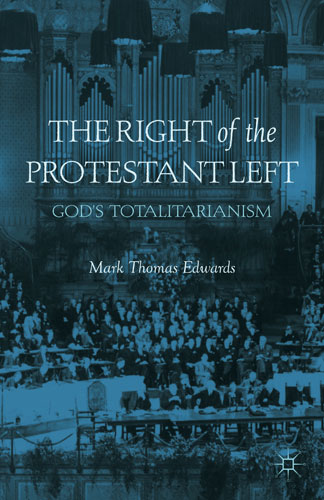
The Right of the Protestant Left: God’s Totalitarianism (Palgrave Macmillan, 2012) is really three books rolled into one, with three separate but overlapping arguments. Because of this, it can be hard to follow the different strands. I thought the most helpful way to introduce my book to readers would be to unpack each of the arguments. Before I begin, though, let me define briefly my subjects, the “old ecumenical Protestant left.” Like the old left it was affiliated with, the old Protestant left has often been reduced to a few of its leaders, namely Reinhold Niebuhr and Paul Tillich; the community orientation of the movement has thereby been lost…
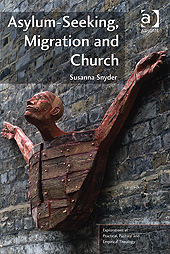
1) What inspired you to write Asylum-Seeking, Migration and Church? When I was training for ordination in Birmingham in 2004, I started to volunteer with church-based organizations supporting asylum seekers. As a result of the UK government’s asylum seeker dispersal program, many newcomers were being housed in Birmingham while they waited for decisions on their cases. Churches were offering considerable practical and spiritual support and I was both impressed and intrigued. I wondered: why are they so engaged with migrants and are they—are we—doing a good job? Perhaps even more importantly, I started getting to know a few people who were seeking refuge, a number of whom have allowed me to share their stories in the book. The book was inspired by and is written for them—for Annette, Hassan, Fatima—people who have experienced pain and joy, shown extraordinary courage, and offered me friendship…
